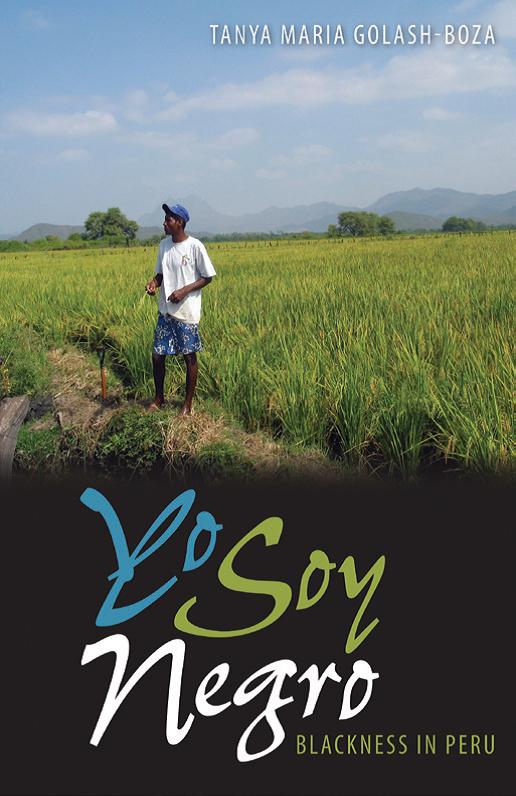Please click on this link to listen to a lecture on the meanings of blackness in Peru:
Lecture: Yo Soy Negro: Defining Blackness in Peru
In her presentation, "Yo Soy Negro: Blackness in Peru," Tanya Golash-Boza addresses the question of how “blackness” is experienced in Peru primarily through the eyes of the inhabitants of a small coastal Afro-Peruvian town, both in terms of their day-to-day lives in that town and as migrant workers in Lima. Based on extensive ethnographic work in the country and informed by more than eighty interviews with Peruvians of African descent, this groundbreaking study explains how ideas of race, color, and mixture in Peru differ greatly from those held in other Latin American nations. Tanya Maria Golash-Boza will discuss the ways people in Peru talk about blackness and argue that the local discourse of blackness centers on skin color. The existence of this local discourse raises questions with regard to how we can conceptualize and theorize the African diaspora and calls for a more fluid conception of diaspora that allows for localized differences. Peruvians of African descent give meaning to blackness without always referencing Africa, slavery, or black cultural forms. This represents a significant counterpoint to diaspora scholarship that points to the importance of slavery in defining blackness in the region as well as studies that place cultural and class differences at the center of racial discourses.
Yo Soy Negro: Blackness in Peru
The conclusion that Tanya Maria Golash-Boza draws from her rigorous inquiry is that Peruvians of African descent give meaning to blackness without always referencing Africa, slavery, or black cultural forms. This represents a significant counterpoint to diaspora scholarship that points to the importance of slavery in defining blackness in Latin America as well as studies that place cultural and class differences at the center of racial discourses in the region.
